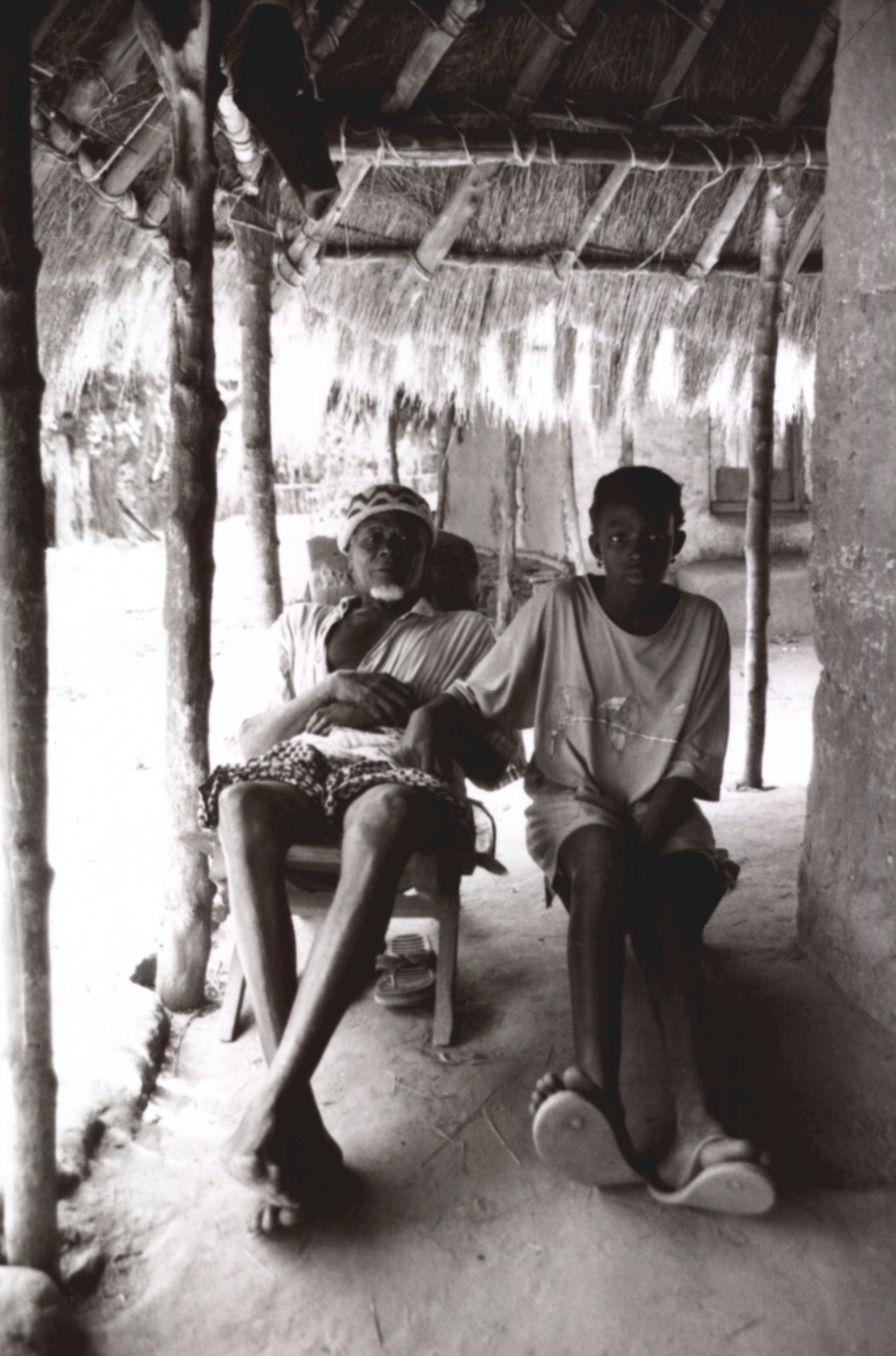Guinea Bissau & the Bijagós Islands
My PhD research - based upon 16 months of fieldwork in the Archipelago of the Bijagós (Guinea Bissau) - focussed the ‘will to be modern’ of a group of young boys living in the main urban area of the region. In this research I tried to overcome the sense of victimisation prevailing in much sociological work on youth in African countries, exploring the local reformulation of identity and the strategies the young are putting in place to cope with their often difficult situation. My research focused the interaction between the concepts of modernity and globalisation and the ambivalent engagement of youth in local contexts, paying close attention to the agency of young people and to how identities emerge in new cultural arrangements that creatively combine elements of global capitalism, transnationalism, and local culture.
In this research, instead of conceiving ‘development’ and ‘modernity’ merely as Euro-American ideologies that destroy local orders in the South of the world, I have shown that the logic of desenvolvimento can also turn into a weapon of social demands against traditional and post-independence authorities, an idiom to express frustration, needs, and aspirations. My goal has been to provide an insight into how young people adopt, interpret, and express the idea of development, shifting attention from the content of social representations to their use in historically specific contexts. In doing this I managed to show that the notion of development– a keyword of post-independence national rhetoric in Guinea Bissau and certainly a global dominant narrative – was appropriated by youngsters as a local vocabulary, legitimizing spaces of self-reflection and autonomy, giving young people an acknowledged voice and becoming a critical locution within local dynamics.
I defended my PhD dissertation thesis (‘Living at the Margins: Youth and Modernity in the Bijagó Islands’) in 2007 (cum laude).
